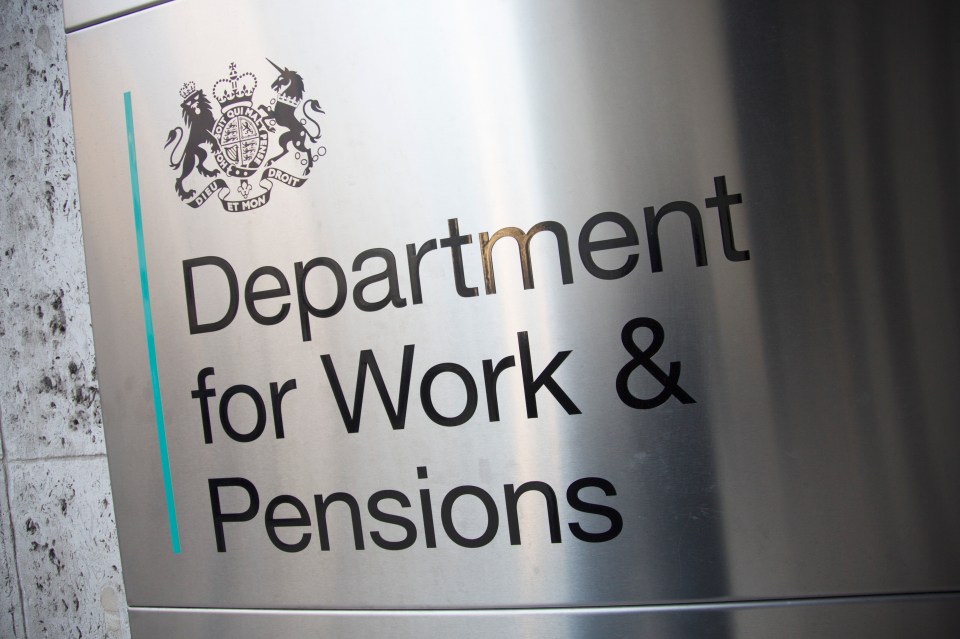MORE than 180,000 pensioners have been urged not to ignore key letters on doormats after being underpaid in the state pension.
The error impacts parents who claimed child benefit before 2000 and have gaps in their National Insurance records.
More specifically, it relates to those who should have received Home Responsibilities Protection (HRP).
This was a scheme to help protect parents’ and carers’ state pension and was replaced by National Insurance credits in 2010.
In its last annual report, published in summer 2024, DWP said it had set aside £1.1 billion for payment of arrears to women affected.
It was estimated that around 194,000 people could see corrections.
But new findings from the report show that DWP’s that to date only 12,379 cases with arrears have been identified, resulting in payments of only £104m.
That means around 181,621 could still have a chance to paid what they are owed and can claim their share of what’s left of the £1.1billion.
According to MoneySavingExpert, the average amount being paid out is more than £7,000.
DWP said those who received the letter may have thought it was a scam so ignored.
It was found that some thought that they probably would not be eligible or that it was now ‘too long ago’ to put things right.
Many also struggled with the tech, with the letters encouraging people to use an online checker for eligibility and then to make online claims for HRP.
Sir Steve Webb, former pensions minister and partner at pension consultants LCP, who first raised concerns around missing HRP more than 15 years ago, described the news as “deeply disappointing”.
Sir Steve said: “Writing letters to elderly people which guide them towards a two-stage online process was always going to have a low success rate.
He added: “People are understandably wary of scams, and expecting them to do their own online eligibility check before submitting an online claim was bound to put many people off.
“Whilst DWP deserve credit for conducting research into the reasons for the failure of the strategy so far, it is vital that efforts are now redoubled to make sure that far more people get the state pension that should have been theirs by right”.
HMRC has now sent 370,000 letters, primarily to those over pension age.
If you receive one of these letters it is important to reach out and get in touch to ensure you can claim your share.
The HRP error was first discovered in September 2022 and published in the DWP’s annual report.
The Government department said the error was the “second largest” it had found relating to state pensions.
Steve Webb, from LCP, launched a campaign called Mothers Missing Millions to help the parents missing out on cash due to the error
WHAT CAN I DO?
If you get in touch with HMRC and are found to have been underpaid, your NI records will be corrected and the Government will then recalculate state pensions and pay arrears.
This could result in increased pension payments as well as a lump sum payment.
People can check their eligibility for backdated HRP and make a claim via https://www.gov.uk/guidance/apply-for-home-responsibilities-protection, with HMRC saying the process takes around 15 minutes.
You can also claim by post by filling in a CF411 form which can be downloaded off the link above or call the HMRC helpline on 0300 200 3500/
If the Government thinks you were affected by the HRP error you should have also received a letter.
What are state pension errors?
STEVE Webb, partner at LCP and former Pensions Minister, explains what state pension errors are and how they can occur:
The way state pensions are worked out is so complicated that many thousands of people have been paid the wrong amount for years without even realising it.
The amount of retirement pension you get usually depends on your National Insurance (NI) record.
One big source of errors has been cases where NI records have been incorrect, particularly for years spent at home with children.
This is a system known as ‘Home Responsibilities Protection’.
Alternatively, particularly for older pensioners, the amount you get can depend on the NI contributions made by your spouse.
Errors have arisen where the Government has failed to adjust the pensions of married women when their husbands retired or failed to increase pensions when someone was bereaved and lost a husband or wife.
Although the Government has spent years trying to fix these problems, there are still many thousands of people – many of them older women – on the wrong pension.
If you have always thought that your pension seems low, then it is worth contacting the Pensions Service to ask them to check, especially if you spent time at home raising children or if you were widowed and your pension didn’t change when your spouse died












